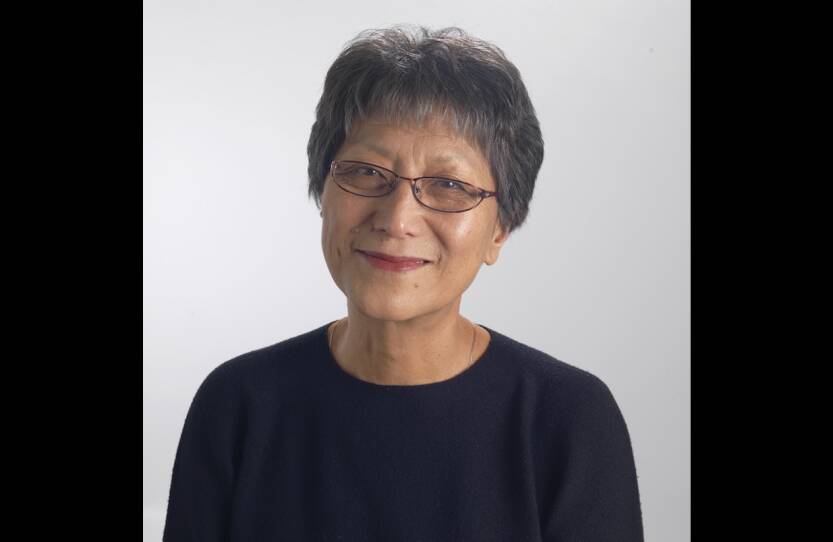When South Korean born filmmaker Deann Borshay Liem was a girl, her American adoptive father, a film buff, taught her how to use an 8-millimeter camera and often made short films about the family.
“We’d edit his films, and I would run the projector. We’d have popcorn and the family would watch his movies together in our living room,” she said.
But she realized later that his mission as the family storyteller didn’t quite square with her reality.
“I realized later when I re-watched his movies that they captured me in a particular way, which was this happy, assimilated kid that had no past,” she recalled. “He wanted to have this perfect American family, but it made me feel like part of my history had been erased.”

That realization set Liem on a path to understand her life, which had been upended by the Korean War, and tell it in her own way. Her most recent film Crossings, which comes to Doc World on GBH WORLD on July 23 at 10pm, follows a group of international women peacemakers who set out on a journey across the demilitarized zone (DMZ) between North and South Korea, calling for an end to a war that has divided the peninsula and its people.
Although the war was halted by armistice in 1953, the warring parties never signed a peace treaty. “Now 70 years later, the threat of renewed fighting looms as American troops continue to occupy the Korean peninsula, North and South Korea remain adversaries and millions of Koreans remain separated from their family members,” said Liem.
Every film that Liem has made touches on the war. “It’s the singular trauma for my generation and for the preceding generation that survived the war,” she said. “The war is what shaped me, it’s what shaped the Korean American community.”
She said her first film First Person Plural, an intimate personal exploration of her adoption, was an effort to grapple with her identity.
“I grew up knowing nothing about Korea. My American family didn’t know anything about Korea and had never been to Korea. I was eight when I was adopted. To be eight years old and to completely lose your identity, your history, your language, your memories is pretty traumatic,” she said.
“Since then, I’ve expanded my lens to look more broadly at the historical, social, political and economic conditions that led to the adoption of about 200,000 Korean children,” she said. “My separation from my family through adoption is really just a microcosm of the millions of families that have been divided because of the DMZ and the unresolved war.”
The 30-member women’s delegation, comprised of activists from Asia, Africa, Europe, and North and South America; Nobel Peace Laureates; and renowned activists, including Gloria Steinem, faced daunting logistical and political challenges as they made their way to the DMZ. Their passage was in jeopardy at several junctures, and they were accused of being propaganda tools for North Korea.
Liem documented the women’s efforts to reconcile themselves with being in North Korea, a country long maligned by the United States.
“In corporate media and in Hollywood films we often see very one-dimensional portrayals of North Korea,” she said. “I think that the delegation came away seeing the humanity of the North Korean people.”
Liem hopes the film will spark interest and discussion among the American public.
“We need to bring this conflict to resolution because we’re on the precipice of renewed fighting.”
Watch a preview here.




